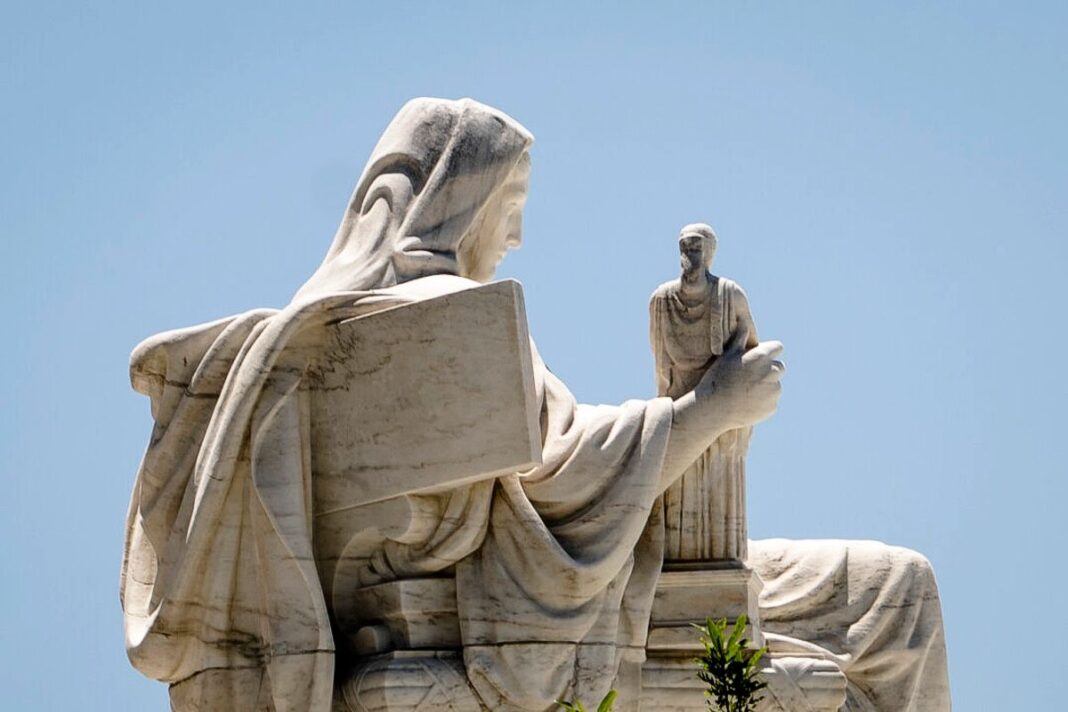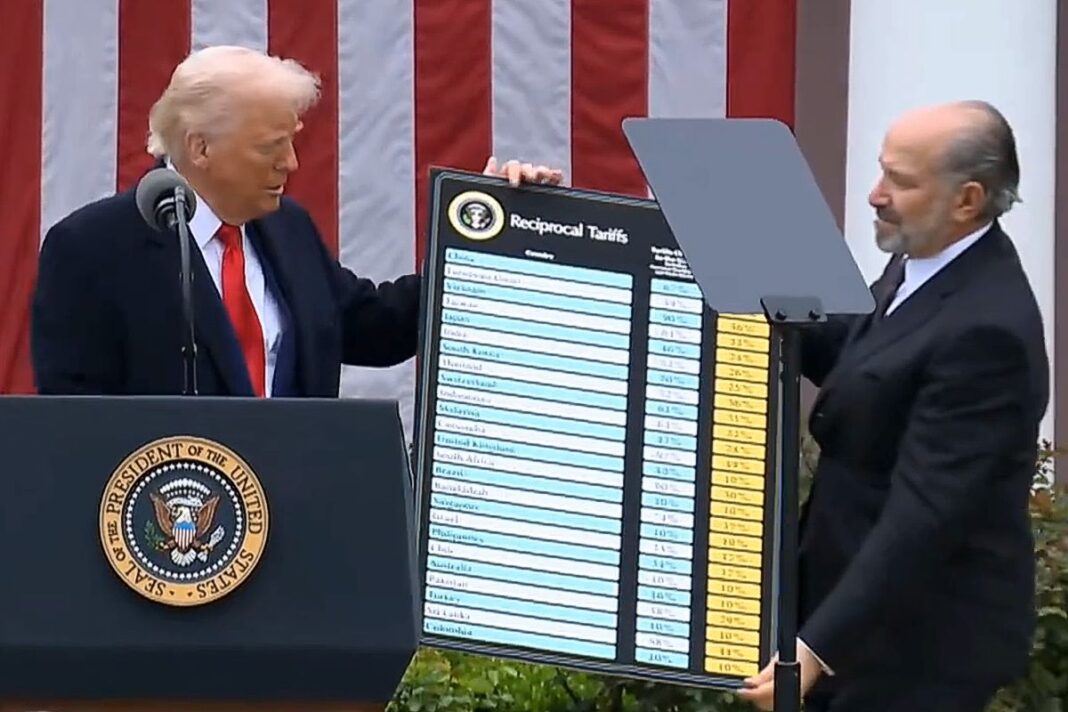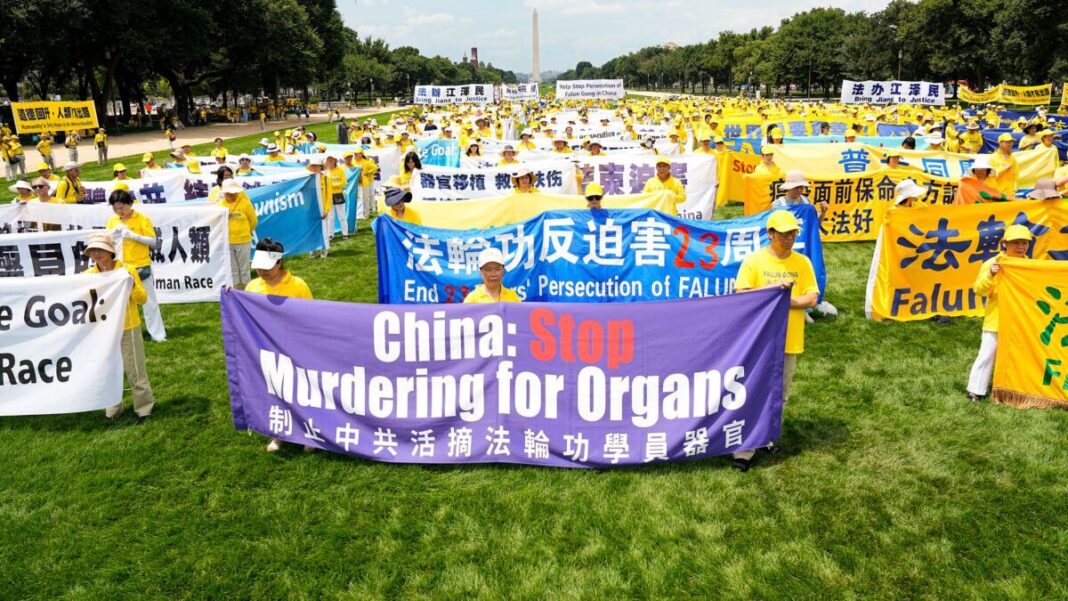A divided lower court previously ruled Catholic Charities is not exempt from unemployment tax because it is not ‘operated primarily for religious purposes.’
The U.S. Supreme Court on June 5 ruled unanimously that Wisconsin violated the First Amendment by not granting a Catholic charity an exemption from paying unemployment tax.
Justice Sonia Sotomayor wrote the 9–0 opinion in Catholic Charities Bureau v. Wisconsin Labor and Industry Review Commission.
Catholic Charities Bureau is a nonprofit organization that functions as an arm of the Roman Catholic Diocese of Superior, Wisconsin. The bureau oversees several other entities that render charitable services to communities across the state.
Wisconsin law excuses religious organizations that are “operated, supervised, controlled, or principally supported by a church or convention or association of churches” from paying state unemployment tax.
The petitioner, Catholic Charities, argued that it is unconstitutional to allow the state to decide what work is religious in nature.
“The First Amendment mandates government neutrality between religions and subjects any state-sponsored denominational preference to strict scrutiny. The Wisconsin Supreme Court’s application of [the state statute] imposed a denominational preference by differentiating between religions based on theological lines. Because the law’s application does not survive strict scrutiny, it cannot stand,” the justice wrote.
Strict scrutiny is the highest level of review used by the courts. Under it, the government has to show that a law is narrowly tailored to advance a compelling governmental interest and that the law is the least restrictive way to serve that interest.
Sotomayor wrote that Wisconsin is not the only jurisdiction that exempts religious organizations from paying taxes to cover unemployment compensation programs. Since Congress in 1970 approved the Federal Unemployment Tax Act, which contains language similar to that found in the Wisconsin law, more than 40 states have adopted similarly worded tax exemptions.
The Supreme Court of Wisconsin held 4–3 in March 2024 that Catholic Charities and its four related organizations that serve the developmentally disabled are not “operated primarily for religious purposes,” so they fail to meet the requirements for a tax exemption.
That court held that the activities of Catholic Charities do not qualify as “typical” religious activities because the organization does not “attempt to imbue program participants with the Catholic faith” and because the help it provides to those with mental and developmental disabilities could be carried out by secular organizations.








